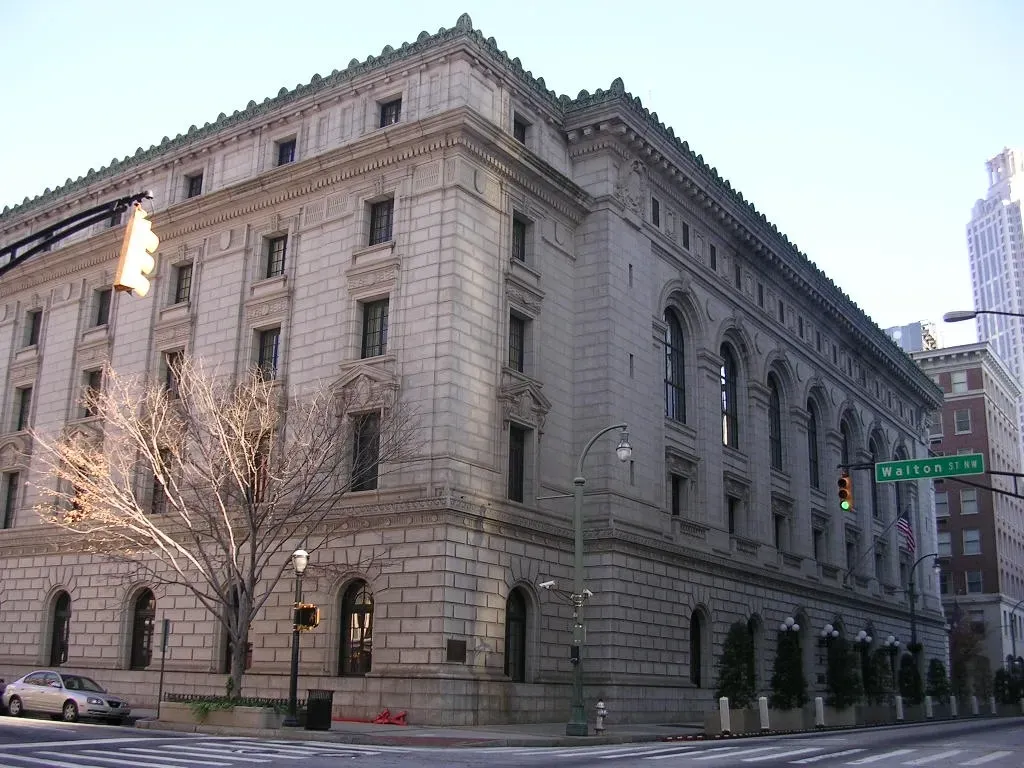Eleventh Circuit Rules in Favor of USF Constitutionality
The Fifth Circuit is rehearing a similar case filed by the same conservative nonprofit.
Jake Neenan

WASHINGTON, December 18, 2023 – The Eleventh Circuit Court of Appeals ruled against a conservative nonprofit that challenged the constitutionality of the Universal Service Fund.
The USF spends about $8 billion annually to fund four internet subsidy programs for rural infrastructure, low-income households, schools and libraries, and healthcare providers. It has been funded since 1996 by fees on phone bills from voice providers, with the Federal Communications Commission’s Universal Service Administrative Company responsible for collecting and distributing the money.
Consumers’ Research, along with other conservative groups, has been on a legal offensive against the USF, filing multiple federal suits alleging the fund is unconstitutional and taking the chance to air its concerns again in October by challenging the FCC’s contribution factor for this quarter.
In each suit – two pending before the Fifth Circuit and one pending before the D.C. Circuit, with another struck down by the Sixth Circuit in May – the group argues that Congress did not put proper guardrails on the commission’s authority to collect the fund and that the FCC abused what authority it does have by handing responsibility to USAC.
The Eleventh Circuit disagreed. In a ruling issued on December 14, the judges found that Section 254 of the Telecommunications Act of 1996, which sets out the commission’s USF responsibilities, is in line with statutes that have survived similar challenges in the past.
Section 254 directs the FCC to collect fees from telecommunications carriers to support universal service for low-income and rural areas, and to implement policies around the fund that are “necessary and appropriate for the protection of the public interest, convenience, and necessity.” Consumers’ Research alleged this is too broad to satisfy the nondelegation doctrine, a legal standard which requires Congress to articulate an “intelligible principle” when delegating duties to federal agencies, but the Eleventh Circuit found the law meets that standard.
The court also ruled that the FCC oversees USAC closely enough that the fund is still functionally under the agency’s control, not improperly delegated to a third party as the suit alleged.
That follows similar reasoning to the Sixth Circuit’s decision and an initial ruling from the Fifth Circuit. But the Fifth Circuit agreed in July to rehear the case with a full panel of five judges, signaling a potential reversal of its previous decision. Oral arguments took place in September and no ruling has been issued yet.
In a concurring opinion, Eleventh Circuit Judge Kevin Newsom expressed dissatisfaction with the precedent that kept Section 254 standing, saying its “mealymouthed shibboleths provide no meaningful constraint,” but that statutes he finds similarly vague have been found to provide enough guidance to avoid being struck down.
If the Fifth Circuit were to find the law in violation of the nondelegation doctrine, it would tee the issue up for potential review by the Supreme Court.









Member discussion